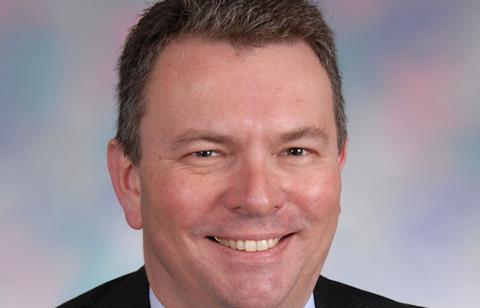
The Covid-19 (Coronavirus) crisis has had the most serious peacetime impact on society for over a century. With most of the population subject to lockdown, employers have scaled down their activities or suspended them altogether. This has seen an estimated nine million employees placed on the government’s furlough scheme and confined to their homes on an indefinite basis.
Furlough, not a recognised term in UK employment law, covers employees’ salaries. The government has committed to paying up to 80% of employees’ salaries subject to a monthly cap of £2,500. The scheme also covers pension scheme contributions as employers are also able to reclaim statutory minimum contributions, although members will still have to contribute in line with their scheme’s rules.
On 9 April 2020, the Pensions Regulator (TPR) published guidance for employers reminding them of their options and setting out the options available to them. If scheme rules permit, members may also reduce their contributions to statutory minimum levels. However, while active members have the right to discontinue their scheme membership, employers are forbidden from suggesting this option.
Whatever options are available for mitigating pension costs, it must be acknowledged that maintaining contributions for furloughed staff will inevitably create additional cash flow strains at a time when employers can least afford it. Some commentators have suggested that employers should be permitted to suspend contributions altogether, at least until the conclusion of lockdown.
To date, the government has not suggested that it has considered this option, although it is reasonable to assume that it has been discussed. On the one hand, the UK’s employers are facing unprecedented pressures that have already resulted in a number of insolvencies and providing all support possible in such circumstances would appear pragmatic. On the other hand, such a move would set a potentially dangerous precedent because some might call for similar measures to be introduced to address future crises.
Given that it is ultimately impossible to predict when lockdown will end, it seems reasonable to support employers through a very dangerous period. However, it is important to remember that the objectives of automatic-enrolment remain geared to securing the long-term future of the nation’s employees. In such dark times, it is important that we do not lose sight of helping us all reach a brighter future.
Tim Middleton is director of policy and external affairs at Pensions Management Institute
















